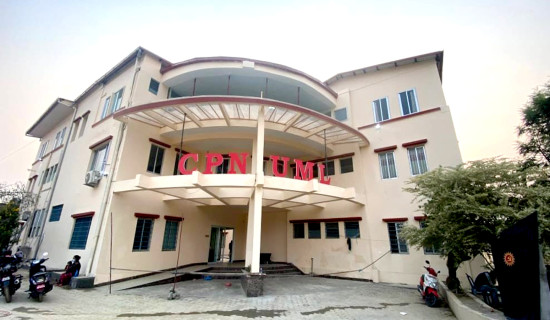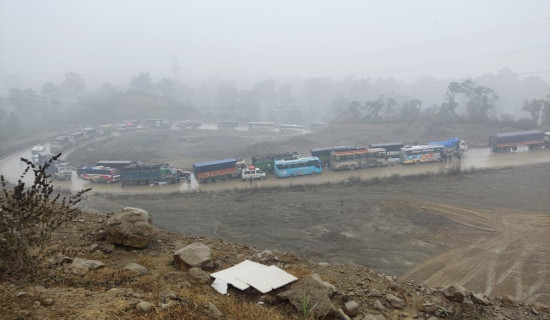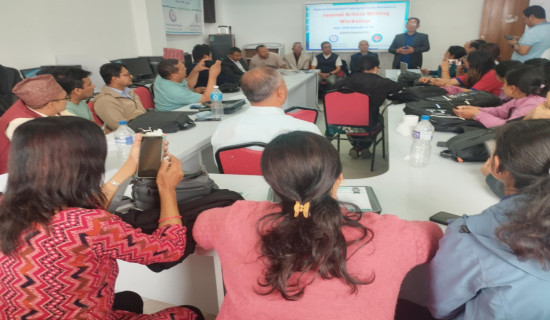- Sunday, 4 May 2025
International Day of Zero Waste being observed today
Kathmandu, March 30 : The third annual International Day of Zero Waste is being observed across the globe today.
This year, for the first time, the
day will be observed under the theme “Towards zero waste in fashion and
textiles”. The fashion and textiles sector embody the zero-waste agenda – from
the importance of bolstering waste management globally to the need for reducing
waste generation, and promoting sustainable consumption and production
patterns, according to UN Habitat.
On the occasion, the UN Habitat has
stressed that national and local governments, civil society, the private
sector, academia, women, youth and other stakeholders from around the world all
have an important role to play in achieving zero waste. Promoting zero-waste
initiatives can also help advance the goals and targets in the 2030 Agenda for
Sustainable Development, including Sustainable Development Goal 11 on making
cities and human settlements inclusive, safe, resilient and sustainable, and
Sustainable Development Goal 12 on ensuring sustainable consumption and
production patterns.
The fashion industry’s current
linear model of overproduction and overconsumption has significant
environmental and social impacts, as over 92 million tonnes of textile waste
are generated annually.
Clothing production doubled from
2000 to 2015, while garment use duration decreased by 36 per cent.
The use of fossil fuel-based
synthetic fibres contributes to microplastic pollution, harming ecosystems and
human health. Furthermore, discarded clothing often ends up in the Global
South, where inadequate waste management leads to open dumping, burning, and
severe environmental and social consequences, disproportionately affecting
vulnerable communities.
The world generates between 2.1
billion and 2.3 billion tonnes of municipal solid waste each year from textiles
and packaging to electronics, plastics and food. But waste management systems
are struggling to keep up. Waste pollution impacts human health, strains
economies, and exacerbates the triple planetary crisis – climate change,
biodiversity loss, and pollution. Circular economy solutions can transform
waste management by reducing pollution, creating green jobs, and fostering
sustainable economic growth. (RSS)














-original-thumb.jpg)